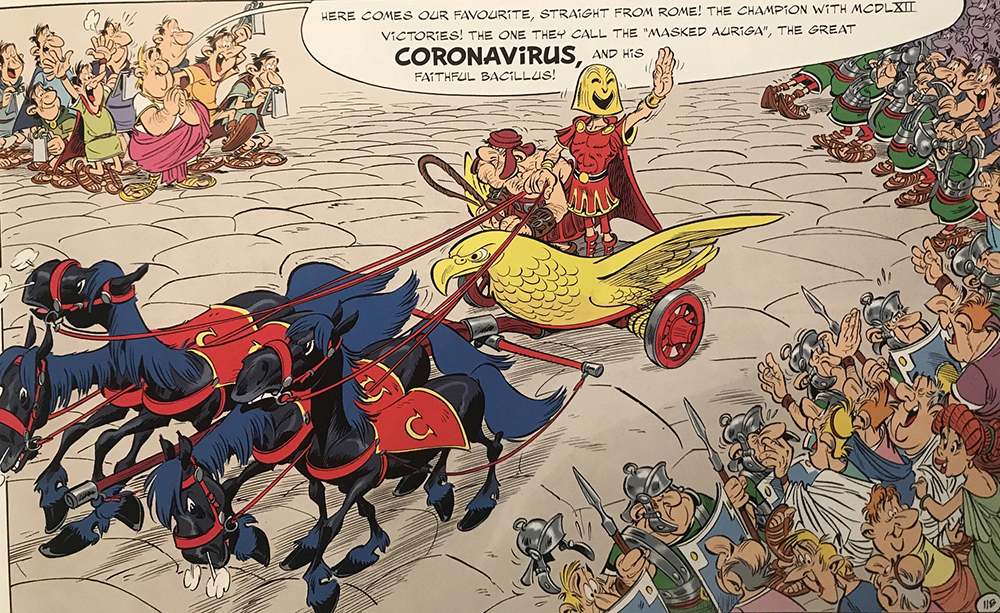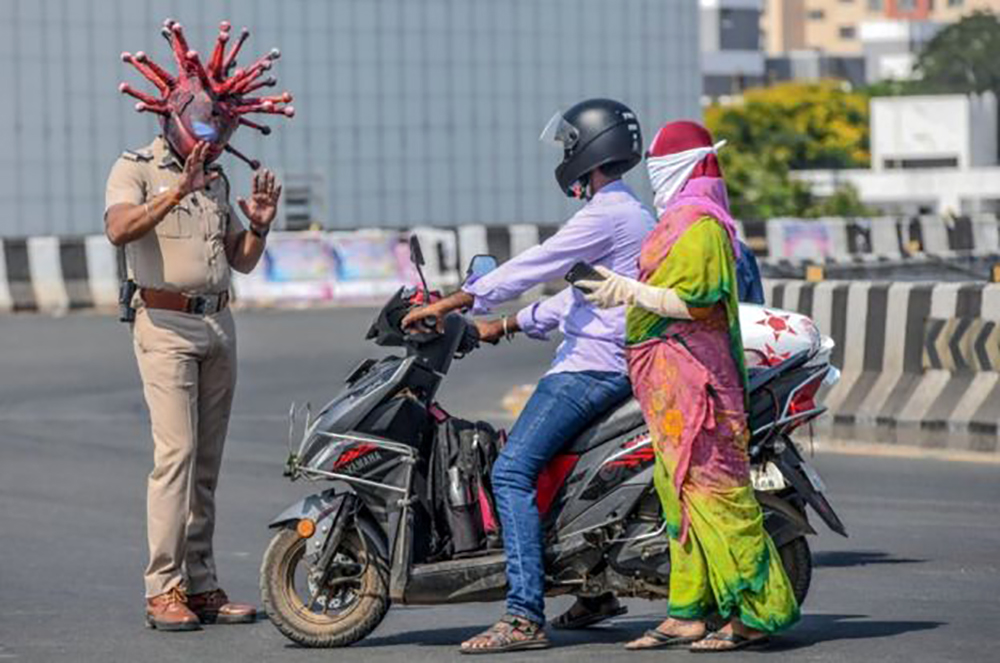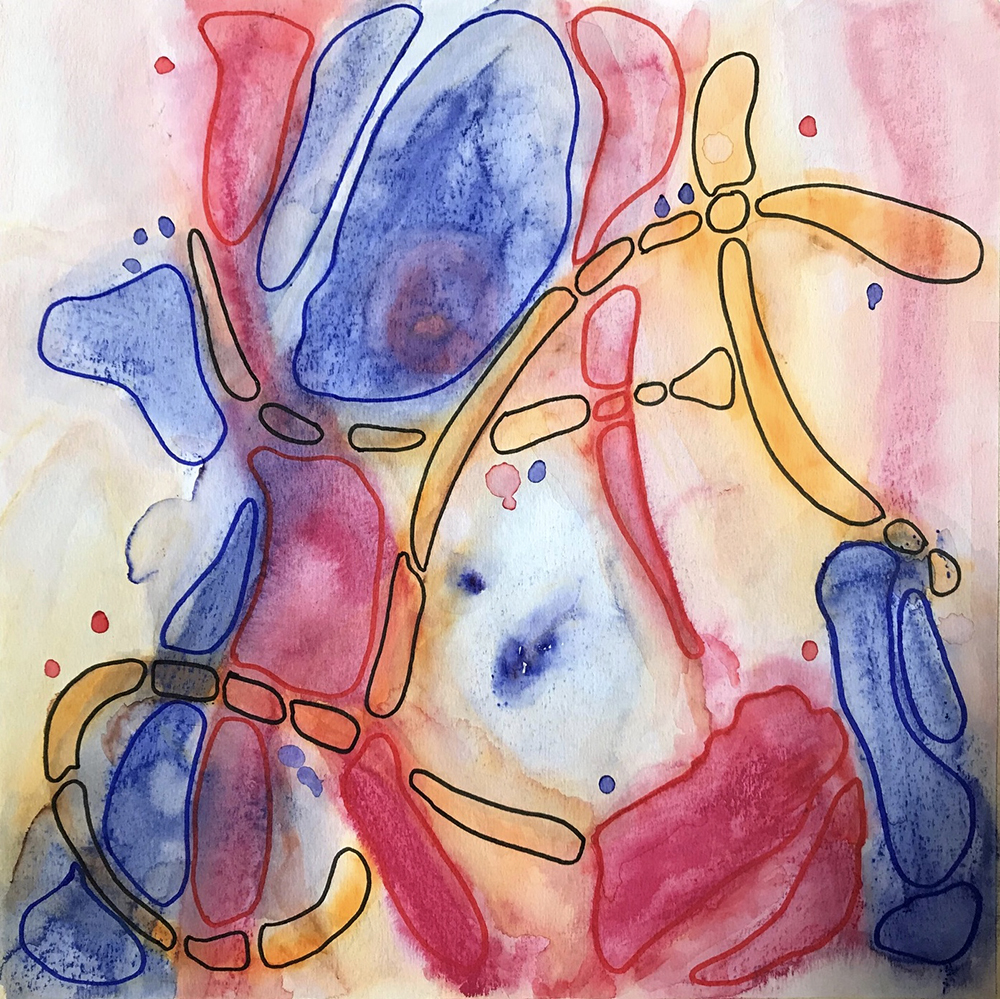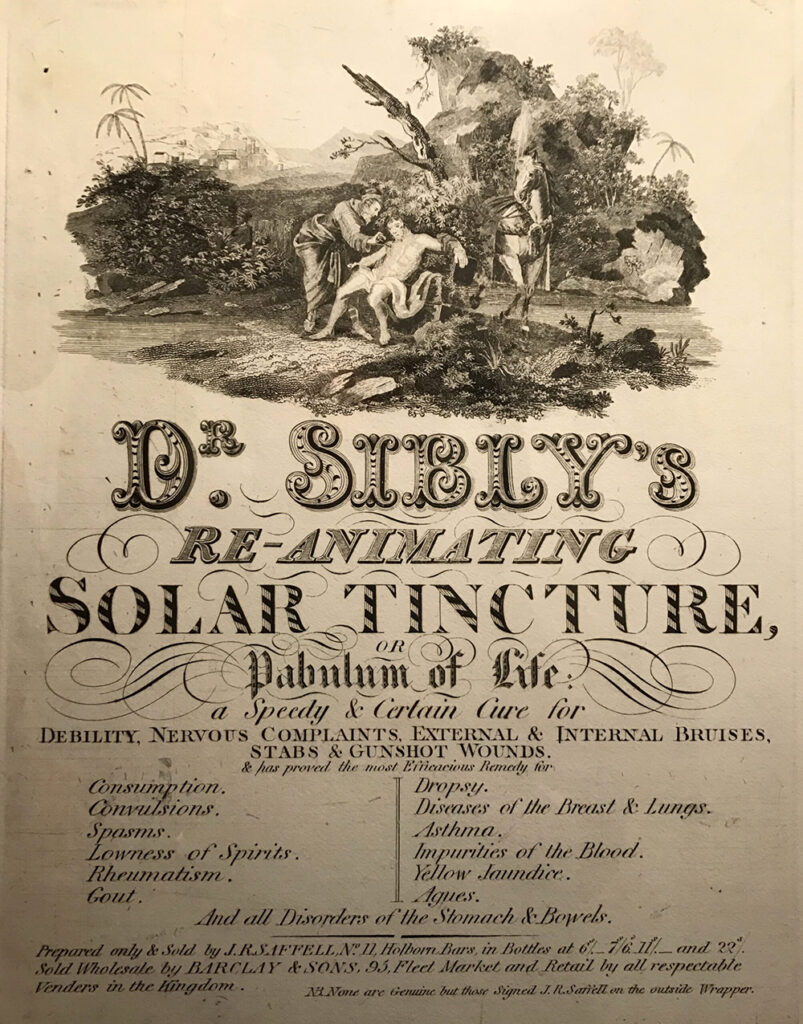Geneva, Monday 30 March 2020
Our blog – Talking Beautiful Stuff – was set up by Isaac Griberg and me in 2013. We’ve had fun! One post about a sculpture in Cairo airport, has been read by more than 60,000 people. We expanded the blog’s remit to accommodate the Lockdown Diary. Thanks to all who follow the Diary and for the many comments received. The writing of it has helped me to get my head around this unprecedented event, to share my thoughts on it and to make observations about living the lockdown. It has also reconnected me with many old friends from all over the world.
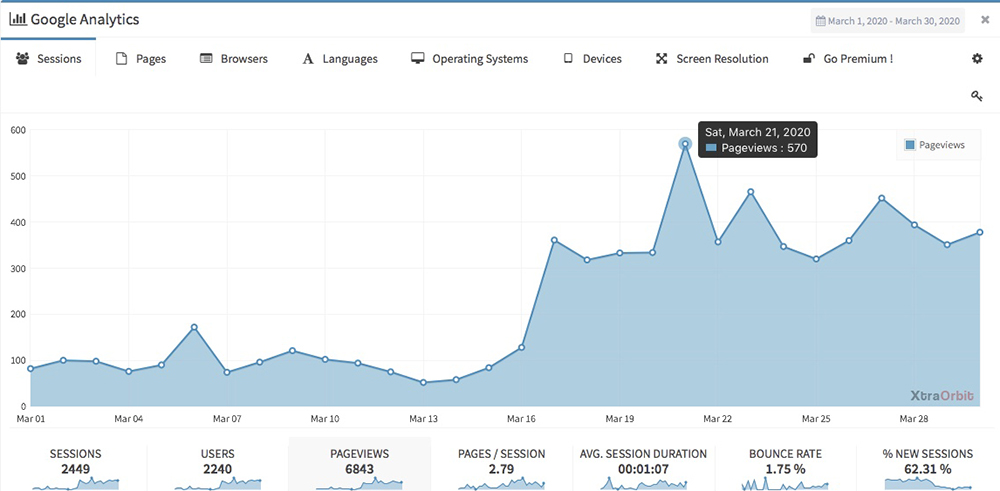
Here are some stats from the Talking Beautiful Stuff web site. When the blog is idling in neutral, we have about 100 page views per day. Since the first post of the Lockdown Diary on Monday 17 March, the blog has had up to 570 page views per day. The spike of Saturday 21 March corresponds with when I reported my failure to make a banana cake! The average duration of each visit to the blog is 1.07 minutes. For such a blog, this is surprisingly long. It seems many of you are reading what I write!
From your comments and emails, I gather we are all experiencing a similar range of emotions a result of the pandemic. Dominant for me is a kind of visceral disquiet brought on by just how surreal the situation is; I am aware of a background anxiety that wakes me in the early hours. I think we all know that post COVID-19 the world will be different. I already feel a kind of grief for the loss of what we will look back on as “better times.” By this, I don’t just mean losing, for example, those easy and cheap flights to exotic locations. We will think twice before buying tickets for massive sporting or musical events. It will take a long time before we feel comfortable with being in close proximity to numbers of people. We may even be reluctant to greet friends with handshakes, hugs or kisses. It is difficult to imagine what the new normality will be. You can bet face masks will be a feature.
In our small apartment here in Geneva, we’ve noticed that we are no longer glued to the news nor seek updates of the COVID-19 stats coming in from every corner of the world. We get up and have breakfast. I write this diary and maybe draw or paint. My wife tele-works. We have lunch together. We do our little putting competition. We walk or jog in the park. We have dinner together with a glass of wine. We speak to friends and family. Yesterday evening, we realised that we have already established new habits and routines. Boredom can be kept at bay. Were it not for the news that we now look at once a day, we would be having, well…. a nice, quiet time. We hear that doing lockdown on your own is not so easy but is manageable. Friends with children tell us that, despite the circumstances, lockdown has given them quality family time. All of us are beginning to adapt and accommodate both practically and emotionally to this situation. I do not think we will move past the surreal for weeks or even months; the surreal will become the norm.
The news from India makes me uncomfortable with what I have written above. Here, we can do lockdown – and hopefully manage the spread of the virus – because we have access to clean water, electricity and shops that have food on the shelves. We can do social distancing because our living and working spaces permit it. If we are sick, we can go to hospital. The affluent, like us, will most likely pull through. By contrast, in India, the rapidly imposed lockdown has precipitated a fearful and crowded mass movement of hundreds of thousands of hungry migrant workers and their families out of major cities. Many will be carrying the corona virus back to their homes. Poor people the world over face a human catastrophe. Their post COVID-19 normality is unimaginable.
Sorry, I’ll leave reporting the putting competition for tomorrow.

